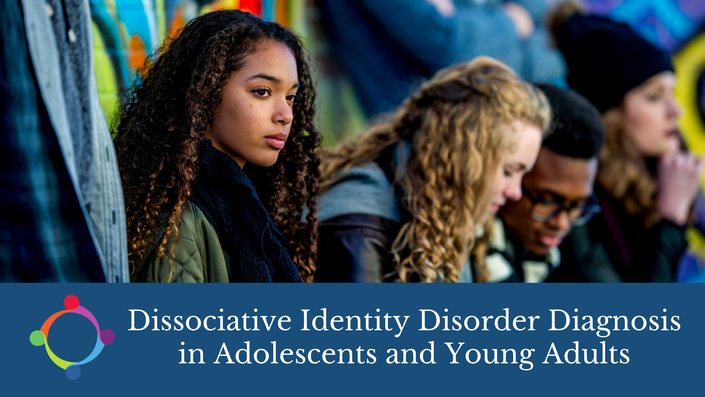About this presentation
Evidence-based treatment strategies are said to help clients see better outcomes in efficient amounts of time; however, in observing that many evidence-based treatments were tested on populations that were not racially or ethnically diverse, therapists may need to consider how to better situate evidence-based practice within the contexts of these communities.
This lecture will examine therapeutic approaches and treatment adaptations that prioritize contextualism and cultural humility, and explore how these strategies can potentially enhance treatment in ethnically diverse communities.

What you'll learn
At the conclusion of this presentation, attendees should be able to increase awareness of interventions that enhance cultural readiness on the part of the therapist, and that allow a more fuller cultural conceptualization that may enhance treatment outcomes.
Learning Objectives:
- Describe factors that impact alliance and therapeutic outcomes in racially diverse communities.
- List intervention strategies that may enhance treatment outcomes evidence-based practice.
- Define contextualism and its relevance to behavioral intervention in the treatment of racially diverse individuals.
About your teacher
Kimberly Applewhite, PsyD (School-Clinical Child Psychology). Dr. Applewhite is an African-American psychologist who has cultivated practice in Dialectical Behavior Therapy with additional specialization in ACT, CBT, Motivational Interviewing, and Parent-Child Interaction Therapy (PCIT). She has published on the subject of racial identity/racial socialization, as well as youth interventions for race-based stress and trauma in children; she has also researched and presented on the intersectionality of religious and LGBTQ+ issues in the Latter-day Saint religious community.

CE Approval
UCEBT is approved by the American Psychological Association to sponsor continuing education for psychologists. UCEBT maintains responsibility for this program and its content.
Additionally, this presentation is approved for ethics homestudy CE credit through UPA, NASW-UT, UAMFT, and UMHCA.
Program Notices
Conflicts of Interest: None.
Commercial Support: None.
CE Credit: Two hours of CE credit is available for attendees who are present for the entire program. We ask that all participants return the post-program evaluation form at the conclusion of the program. Kimberly Applewhite, Psy.D. and UCEBT have not received any commercial support for this program or its contents and will not receive any commercial support prior to or during this program. For additional information or if accommodations are needed, please contact Jennifer at [email protected] or (801) 419-0139.
Accuracy, Utility, and Risks Statement:
This program discusses strategies for enhancing mental health outcomes in ethnically diverse communities based on current research. Presenters are not responsible for participants' application of misapplication of intervention strategies, nor patient outcomes for any participant. Presenters encourage further study and training.
References
Johnson, S. B., Goodnight, B., ... & Kaslow, N. (2017). Compassion‐based meditation in African Americans: Self‐criticism mediates changes in depression. Suicide and Life-threatening Behavior, 48. doi: 10.1111/sltb.12347.
Metzger, I. W., Anderson, R. E., Are, F., & Ritchwood, T. (2021) Healing interpersonal and racial trauma: Integrating racial socialization into trauma-focused cognitive behavioral therapy for African-American youth. Child Maltreatment, 26(1), 17-27.
Mulvaney‐Day, N. E., Earl, T. R., Diaz‐Linhart, Y., & Alegría, M. (2011). Preferences for relational style with mental health clinicians: A qualitative comparison of African American, Latino and Non‐Latino White patients. Journal of Clinical Psychology, 67(1), 31-44.



